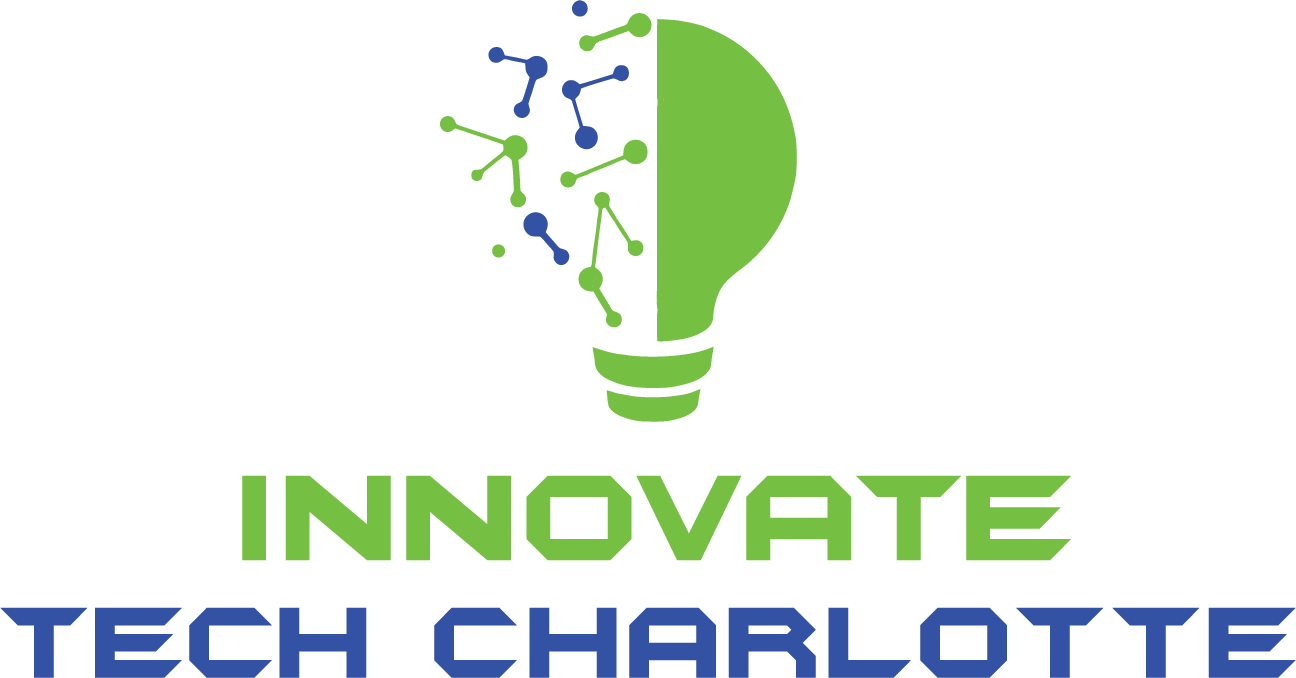Impact on Job Market and Career Choices: How AI is Shaping Student Decisions
The rise of Artificial Intelligence (AI) is profoundly impacting the job market and career choices of students, prompting significant shifts in their academic and professional aspirations. Here’s a detailed look at how AI is influencing student career plans and their readiness for an AI-driven workforce.
Career Choices: The AI Influence
The influence of AI on students’ career plans is substantial. A recent survey by Inside Higher Ed and College Pulse’s Student Voice series reveals the following:
– Major Impact: % of students report that the rise of AI has significantly influenced their career plans. This indicates a growing awareness among students that AI is not just a technological trend but a force that can shape their future careers.
– Some Impact: An additional % of students say that AI has had some impact on their career plans. This suggests that a considerable number of students are considering the implications of AI when making decisions about their future careers.
Variations by Demographics and Class Year
The impact of AI on career plans varies across different demographics and class years:
– Gender Differences: The survey shows that % of men, compared to % of women and nonbinary students, report that AI is impacting their career plans. This disparity highlights the need for targeted support to ensure all students are equally prepared for an AI-driven job market.
– Class Year: The Class of 0 appears to be the most impacted, with % of students saying that AI has affected their career plans, either a lot or somewhat. This trend indicates that as AI becomes more pervasive, future generations of students are increasingly aware of its influence on their career choices.
Job Market Readiness: Student Concerns
Students are also concerned about their marketability in an AI-driven job market. Here are some key concerns:
– Preparedness for the Workforce: More than half of recent college graduates question their preparedness for the workforce due to the growth of AI. This uncertainty reflects a broader concern about whether their current skills and education are sufficient for a job market increasingly dominated by AI.
– Job Replacement Fears: Only % of recent college graduates are confident that their job will not be replaced by AI. This fear underscores the need for educational institutions to provide students with skills that are complementary to AI, ensuring they remain relevant in the job market.
Educational Institutions’ Role
To address these concerns, educational institutions must play a proactive role in preparing students for an AI-driven workforce:
– Integrating AI into Curriculum: There is a growing consensus that colleges and universities need to integrate AI into their curriculum. This includes teaching the ethics of using AI, core skills like critical thinking and problem-solving, and providing practical training in using AI. Such integration helps students understand how AI can be applied across various disciplines and prepares them for the future job market.
– Practical Applications and Research: Institutions like the University of South Florida’s Muma College of Business are already exposing students to practical applications of AI through labs and research projects. These initiatives help students apply AI insights in real-world settings, making them more employable upon graduation.
Employer Expectations and Industry Trends
Employers are also emphasizing the importance of AI skills in the workforce:
– AI Skills and Experience: Employers are increasingly looking for prospective employees with AI skills and experience. A survey by Washington State University’s Carson School of Business found that nearly half of working professionals worry about being left behind without AI skills, highlighting the need for colleges to prepare students accordingly.
– Continuous Learning: The dynamic nature of AI requires a continuous learning mindset. Educational institutions must cultivate practices that support lifelong learning, ensuring students can adapt to the evolving job market. This includes providing resources and career services that help students identify and articulate their transferable skills for future roles.
Conclusion
The impact of AI on students’ career choices and job market readiness is undeniable. As AI continues to reshape the job market, it is crucial for educational institutions to integrate AI into their curricula, provide practical training, and foster a continuous learning mindset. By doing so, students can be better prepared to navigate the challenges and opportunities presented by an AI-driven workforce, ensuring they remain competitive and relevant in the future job market.
